If AI allows students to automate routine cognitive tasks – like information retrieval or ensuring that verb tenses are consistent – it doesn’t mean they’re thinking less. It means their thinking is changing.
Get Started for FREE
Sign up with Facebook Sign up with X
I don't have a Facebook or a X account
 Your new post is loading... Your new post is loading...
 Your new post is loading... Your new post is loading...

Richard Platt's curator insight,
May 17, 1:07 PM
AI is poised to be the most transformative technology of the 21st century. But its benefits won’t be evenly distributed unless we guide its development thoughtfully. The AI Index offers one of the most comprehensive, data-driven views of artificial intelligence. Recognized as a trusted resource by global media, governments, and leading companies, the AI Index equips policymakers, business leaders, and the public with rigorous, objective insights into AI’s technical progress, economic influence, and societal impact. The AI Index Report from Stanford University - This looks at the impact AI is likely to have and is having at present on various elements of society
https://hai.stanford.edu/ai-index/2025-ai-index-report

Richard Platt's curator insight,
May 17, 1:10 PM
Based on the theory of Disruptive Innovation, this paper looks at 3 case studies of GenAI use in education representing different levels of disruptiveness: (1) the sustaining enhancing innovation of combining genAI and (2) flipped classrooms, the sustaining challenging innovation of genAI-aided active learning, and (3) the disruptive innovation of the teacherless classroom.

Richard Platt's curator insight,
May 4, 12:03 PM
An edtech expert describes what the SAMR model (Substitution, Augmentation, Modification, and Redefinition) means in lesson design—and how to reach that elusive final level.

Richard Platt's curator insight,
May 4, 12:07 PM
These proponents of AI predict that the impact of superhuman AI over the next decade will be enormous, exceeding that of the Industrial Revolution. They wrote a scenario that represents their best guess about what that might look like. It’s informed by trend extrapolations, wargames, expert feedback, experience at OpenAI, and previous forecasting successes.

Richard Platt's curator insight,
May 4, 12:09 PM
Content curation is a vital part of the creative process. In this blog post and podcast, we explore why curation matters and how we can help students learn how to engage in the curation process. Listen

Richard Platt's curator insight,
March 23, 7:19 PM
The Neurodiversity Smorgasbord is an attempt to offer an alternative to diagnostic categories as well as an opportunity to understand neurodiversity outside of the pathology paradigm. It’s about acknowledging these differences and experiences as a part of being human instead of being a mentally ill or disordered human. |

Richard Platt's curator insight,
May 17, 1:05 PM
Introduction Key metaphors help determine what and how we perceive and how we think about our perceptions.” — M. H. Abrams The future is filled with unknowns, mysteries, and alternative possibilities.

Richard Platt's curator insight,
May 17, 1:09 PM
This sounds very worrying. Based on a comprehensive risk assessment, it was found that AI companion tools pose unacceptable risks to children and teens under age 18 and shouldn't be used by kids, regardless of whether the tool is intended for use by kids or not.

Richard Platt's curator insight,
May 17, 1:14 PM
When I compare the 7 years I had battling the cellphone in the classroom, vs almost an entire year of phone-free schooling, there is no comparison. Our kids are smarter, more social, and more motivated to do the things they actually want to accomplish in this world when they don’t have a Pavlovian vibration derailing their attention every 20 seconds. This makes for very interesting reading - "My School Banned Phones for the Year. Here's What Happened" - https://fittoteach.substack.com/p/my-school-banned-phones-for-the-year

Richard Platt's curator insight,
May 17, 1:16 PM
f AI allows students to automate routine cognitive tasks – like information retrieval or ensuring that verb tenses are consistent – it doesn’t mean they’re thinking less. It means their thinking is changing.

Richard Platt's curator insight,
May 17, 1:18 PM
For a while, the comforting narrative went like this: AI won’t take your job. But someone using AI will. So, all you had to do was to use AI, and even if you lost your job you could take someone else’s? This is a
https://www.fastcompany.com/91324364/10-ways-to-avoid-losing-your-job-to-ai

Richard Platt's curator insight,
May 4, 12:04 PM
Teachers and caregivers can support children who are highly sensitive to the school environment and their emotions. Very useful, and there is also a link to a free teacher training course at: https://sensitivityresearch.com/training-module/

Richard Platt's curator insight,
May 4, 12:08 PM
The integration of generative artificial intelligence (GAI) in education has been met with both excitement and concern. According to a 2023 survey by the World Economic Forum, over 60% of educators in advanced economies are now using some form of artificial intelligence (AI) in their classrooms, a significant increase from just 20% 5 years ago

Richard Platt's curator insight,
April 25, 4:40 PM
A research-backed AI scenario forecast for the next 2 years, thus an interesting look at how AI and AI agents may impact life within the next 2 years - 2027

Nik Peachey's curator insight,
March 27, 6:30 AM
Find links to the most useful Edtech tools and articles in my latest free enewsletter https://open.substack.com/pub/nikpeachey/p/edtech-and-elt-newsletter-march-2025 |







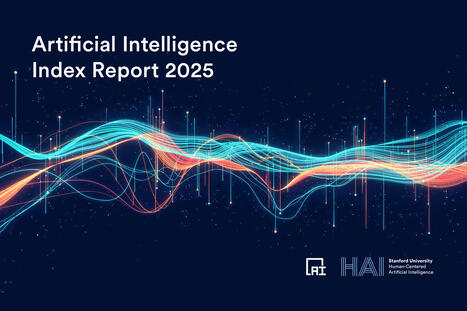

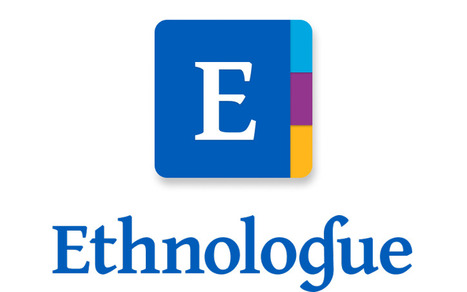
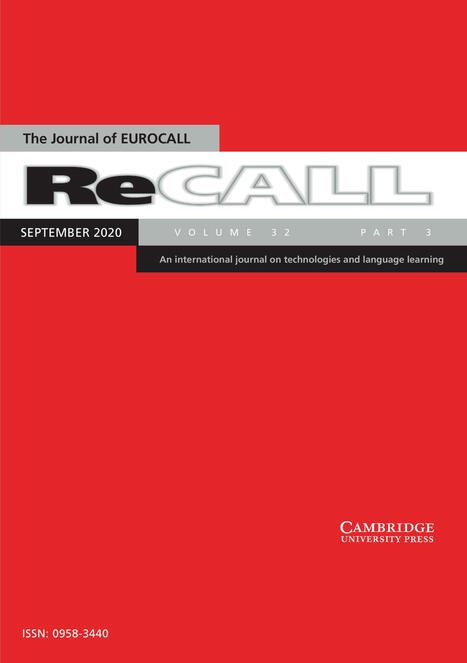

![[PDF] AI 2027 | Learning & Technology News | Scoop.it](https://img.scoop.it/6enPyj-gQfmmhV97LG4ddTl72eJkfbmt4t8yenImKBVvK0kTmF0xjctABnaLJIm9)
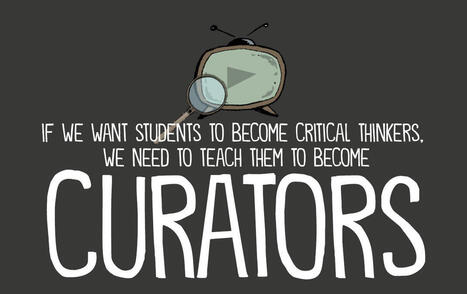



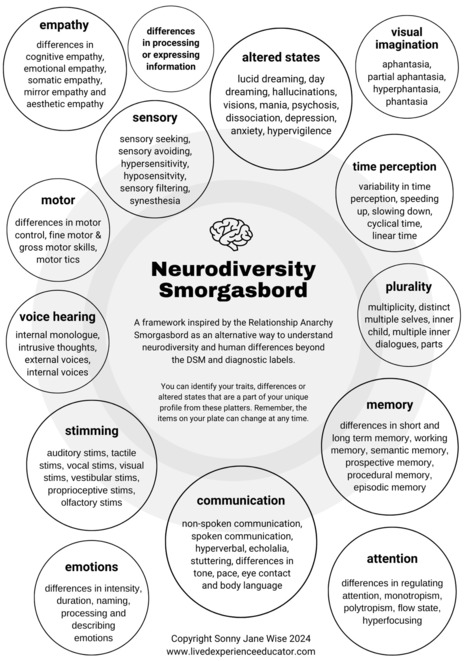

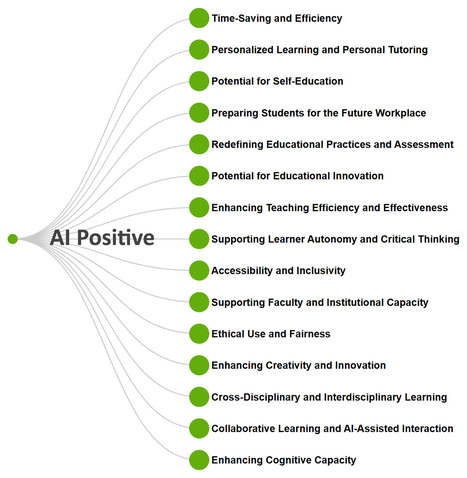



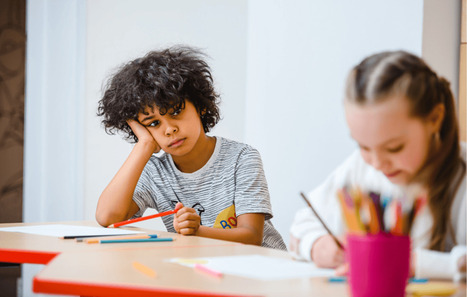

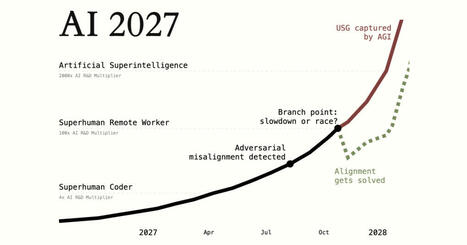
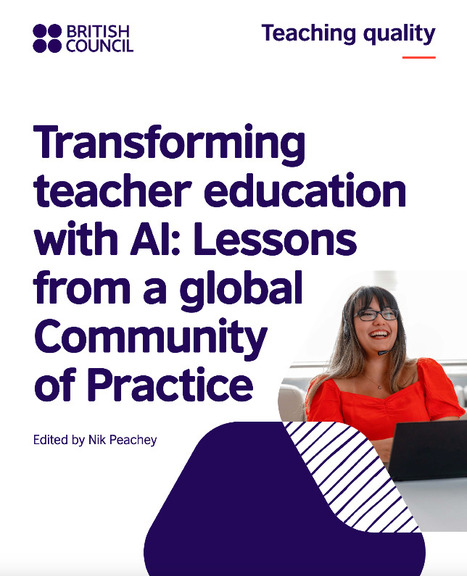



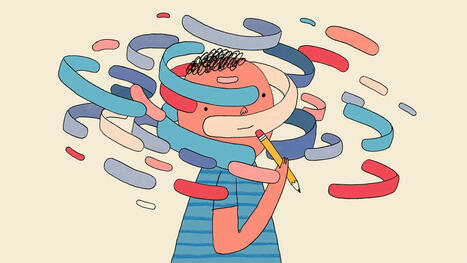





f AI allows students to automate routine cognitive tasks – like information retrieval or ensuring that verb tenses are consistent – it doesn’t mean they’re thinking less. It means their thinking is changing.